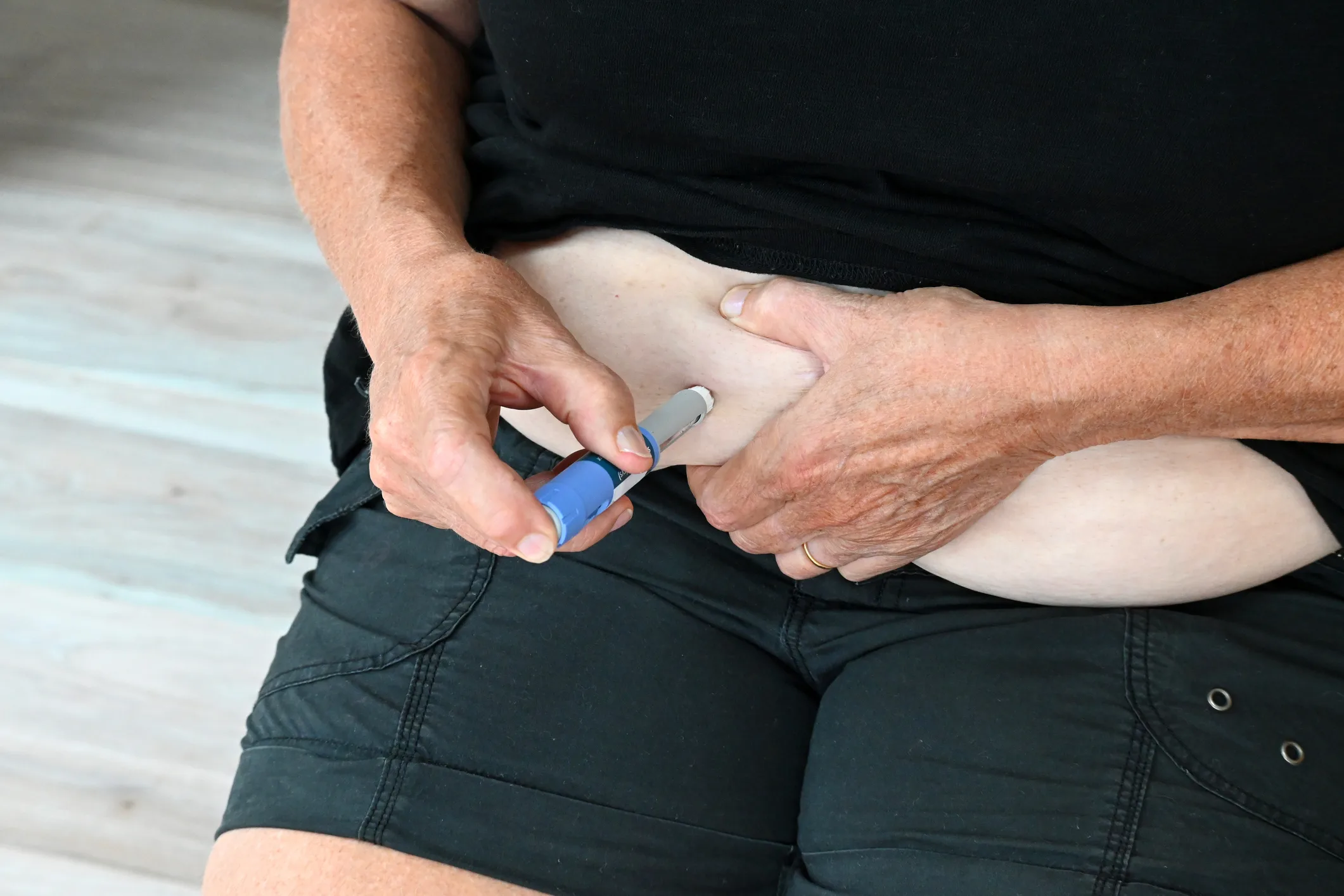We all know blood pressure is a big deal for our heart. It’s those two numbers your doctor always checks: the top one (systolic), which measures pressure when your heart beats, and the bottom one (diastolic), showing the pressure when your heart rests between beats. For years, the spotlight has been on the top number, as it’s strongly linked to heart attacks and strokes. But what if the less-talked-about bottom number holds a crucial secret for your brain health, especially as you age?
A Hidden Threat to Your Brain: High Diastolic Pressure
Recent research suggests that your diastolic blood pressure—that lower number—might play a surprisingly significant role in protecting your brain. The research indicates that higher diastolic pressure could be silently causing damage in your brain, potentially leading to serious problems like memory loss, difficulty thinking clearly, and even an increased risk of falling.
This isn’t just a theory. Researchers examined 1,205 people aged 50 and older, using MRI scans to look for something called white matter lesions in their brains. Think of these as tiny scars. They form when the small, delicate blood vessels in your brain get damaged. When these scars appear, they can disrupt the vital messages your brain sends throughout your body, making it harder to walk, move, think, or remember things. These lesions are also known culprits in increasing your risk of stroke and even dementia.
The Numbers Speak: Under 80 is the Goal
The study’s findings were clear and compelling. People with lower diastolic blood pressure—specifically, under 80—showed fewer and smaller white matter lesions. This suggests a healthier brain. On the flip side, those with a diastolic reading over 90 had significantly larger lesions in three key brain regions. Some of these areas are vital for thinking and memory, underscoring the potential impact on your daily life.
One brain region, called the periventricular white matter, was highlighted as particularly important. Damage here is more directly tied to cognitive issues like memory loss and confusion. This new research shines a light on diastolic pressure’s unique role, suggesting it might damage brain blood vessels in different ways than systolic pressure does.
Protecting Your Brain: A Full Picture of Blood Pressure
Up until now, most research has focused primarily on the top blood pressure number and its role in narrowing arteries and causing brain damage. This recent study, led by Michelle R. Caunca and her team and published in the journal Stroke, firmly establishes that diastolic pressure matters too.
The findings align with American guidelines, which consider a diastolic reading of 80 or more to be high. This research suggests that even slightly elevated diastolic pressure could increase your risk of brain damage over time. This means that to truly protect your brain as you age, it’s crucial to pay attention to both your blood pressure numbers, not just the top one.
Takeaway
If you’re over 50, or simply have concerns about your blood pressure readings, it’s always a good idea to chat with your doctor. Managing blood pressure through a healthy diet, regular exercise, stress control, and, if necessary, medication, isn’t just about your heart. This new research strongly suggests it could make a huge difference in safeguarding your precious brain health for years to come. Your brain deserves that attention!
Source:
Worried about brain lesions and dementia? Check this blood pressure number
Blood Pressure Control and Dementia Risk in Midlife Patients With Atrial Fibrillation











